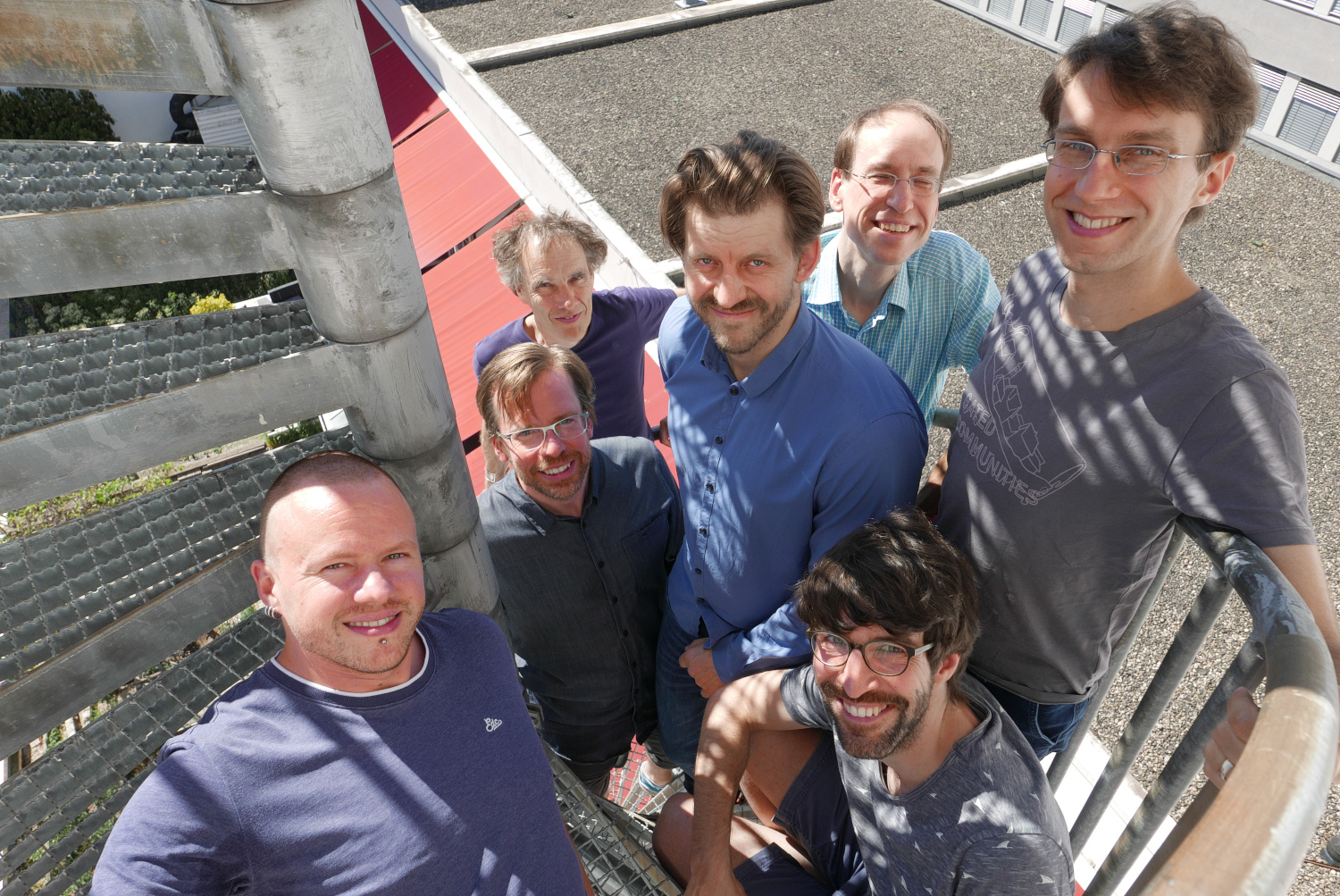
Claus Beisbart
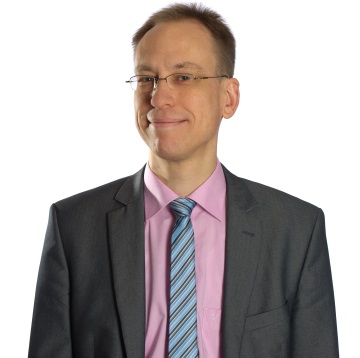
Professor of philosophy of science at the Institute of Philosophy (University of Bern).
At university, I chose philosophy and physics as majors. It shouldn't thus come as a surprise that I'm interested in the ways in which physics and the other sciences, but also philosophy make progress. As far as the sciences are concerned, a strong focus of my research has been on the epistemology of models and simulations. A recent result of this research is a handbook about the methods with which simulations can be made credible, co-edited with Nicole J. Saam. In the last four years, I have started to work on the philosophical method of reflective equilibrium (RE) in a project funded by the Swiss National Science Foundation. Since I take modeling to be a very fruitful research strategy, I've been particularly interested to develop a model of RE. I am now looking forward to explore our model further in this new project.
[👉 website]
Gregor Betz
Professor of philosophy of science at the DebateLab (Karlsruhe Institute of Technology).
I study individual and collective reasoning -- both in scientific and normative domains -- from an epistemological, and esp. veritistic perspective. Informed by detailed logical analyses of actual debates and controversies, I develop formal models of rational argumentation which can be explored by means of computer simulations. I have also published on questions in philosophy of economics, philosophy of climate science, general philosophy of science, and applied ethics.
[👉 website]
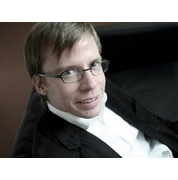
Georg Brun
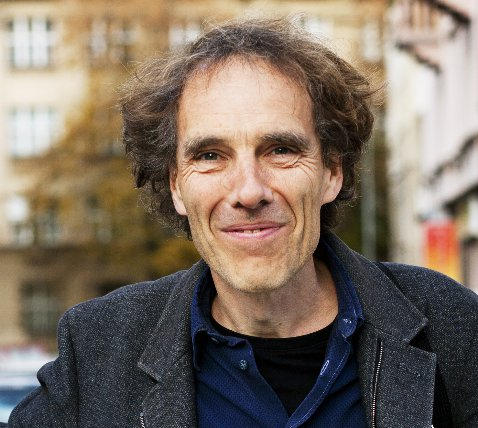
Lecturer at the Institute of Philosophy (University of Bern).
My research and teaching is driven by a strong interest in methodology, especially in methods of concept formation, argumentation, justification and rational decision. A core theme running through my philosophical work is the interplay of theoretical and formal accounts with informal understanding and practice. As I see it, this is also the driving factor in explication and reflective equilibrium, which I have been studying and applying in a number of projects, addressing a broad range of topics in epistemology, philosophy and history of logic, argumentation theory, symbol theory and metaethics.
In my previous work on reflective equilibrium, I relied on the seminal ideas of Nelson Goodman and Catherine Z. Elgin to develop an account of reflective equilibrium which also hooks up to debates about theory choice, epistemic justification and understanding. This account is the background for the formal model that lies at the heart of the project “How far does reflective equilibrium take us?”.
[👉 website]
Sebastian Cacean
Researcher at DebateLab (Karlsruhe Institute of Technology).
My current research interests include argumentation theory, applied ethics, philosophie of science and epistemology. With my background in physics and computer science, I approach philosophical problems from an analytical perspective and use formal tools whenever they are useful.
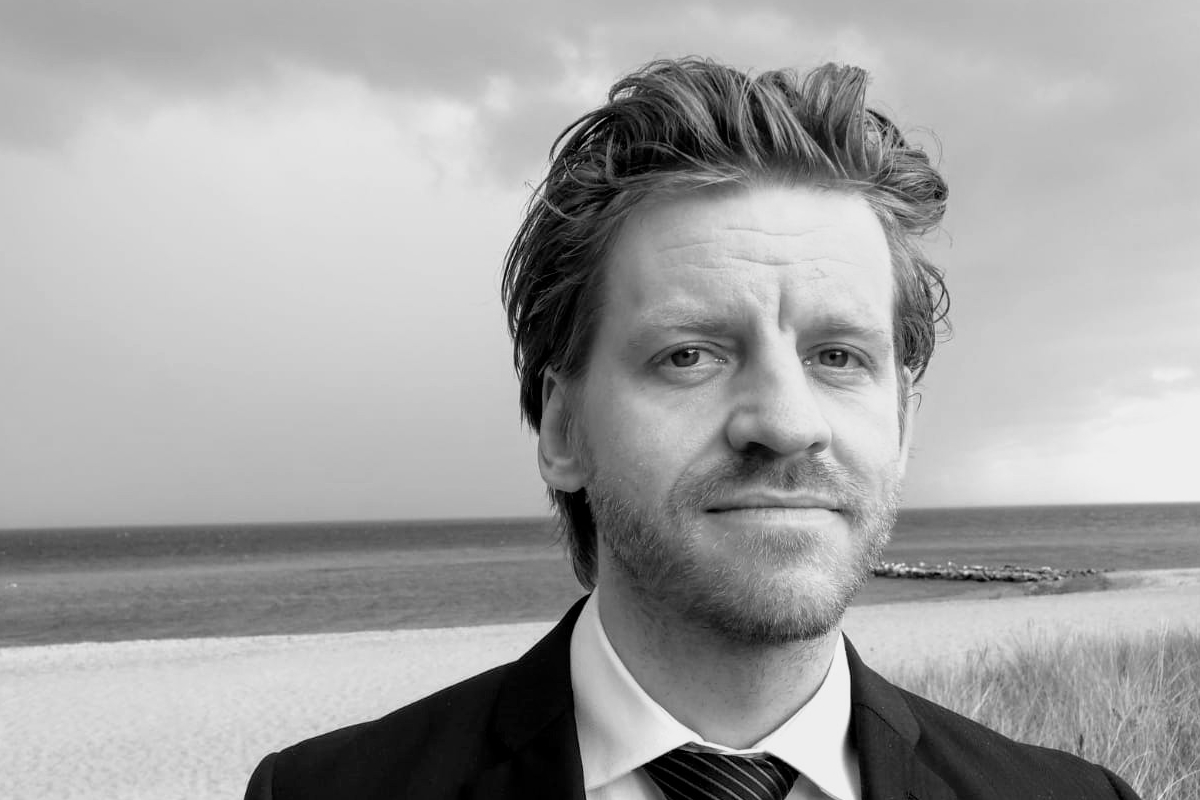
Andreas Freivogel
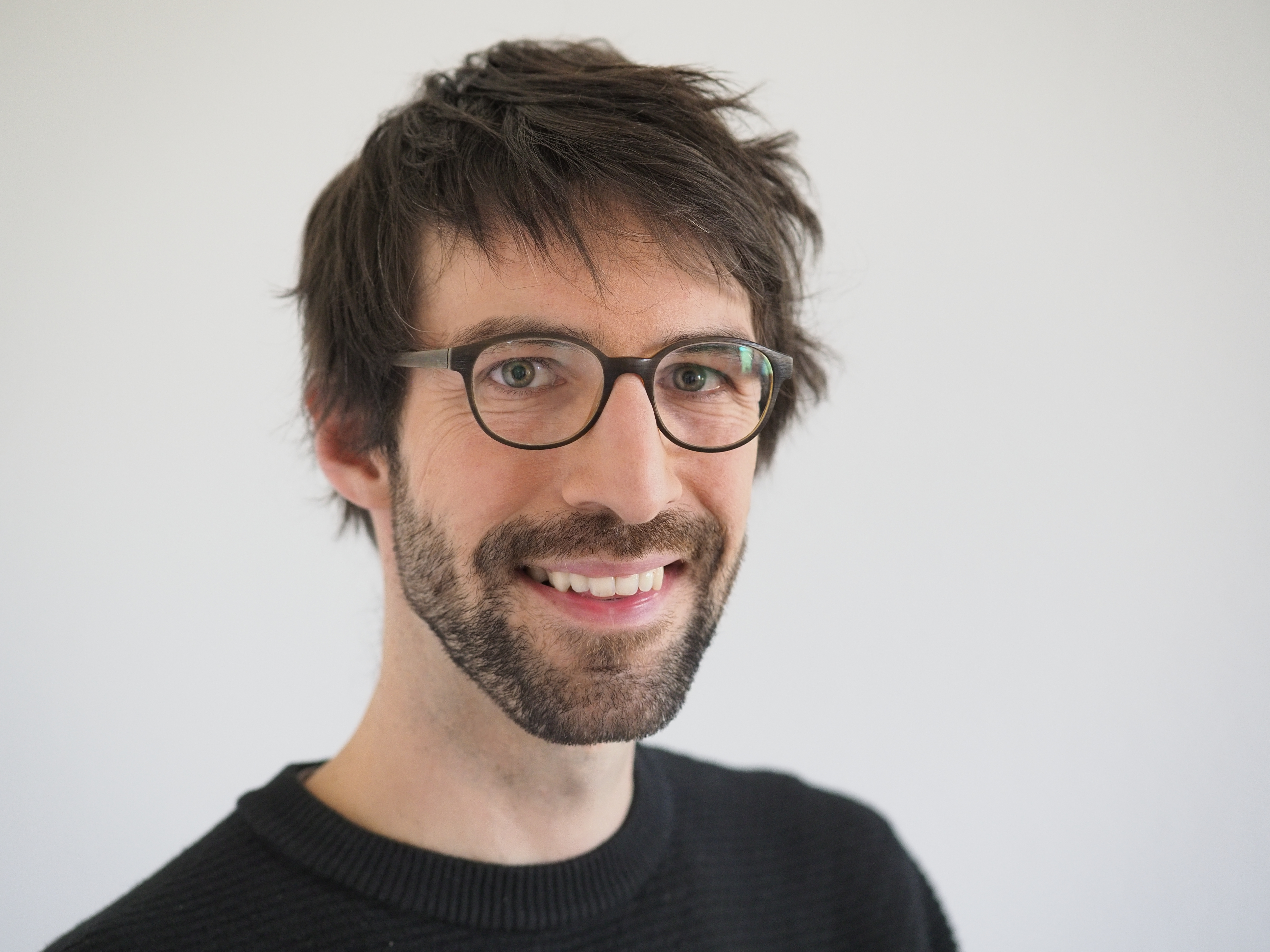
Former PhD candidate and scientific collaborator at the Institute of Philosophy (University of Bern). Currently working as a software engineer at M&S.
My research is located at the nexus of epistemology and formal logic. I investigate philosophical problems with a versatile set of tools that draw on my background in mathematics and on my enthusiasm for computational methods.
"Theoretical virtues" (e.g. accuracy, simplicity or scope) take centre stage in my work on reflective equilibrium in this project. Theoretical virtues originate from philosophy of science, and although they surface in RE as well, their role in RE has not yet been explored thoroughly. I address longstanding objections to reflective equilibrium on the basis of computer simulations with a formal model of RE that highlight the importance of considering theoretical virtues in RE.
Richard Lohse
PhD candidate at DebateLab (Karlsruhe Institute of Technology).
My core philosophical interest is: How can collectives shape their future? This involves questions about democracy, collective agency, societal progress, utopianism, long-termism, and others. Thus far, my focus has been on the epistemological aspect, in particular, on disagreement and consensus formation. In my master thesis, I investigated in how far considerations about the accuracy of Bayesian credences limit the room for rational disagreement. My PhD project, which is part of this project on reflective equilibrium, is concerned with the realisability of an overlapping consensus in liberal democracies.
[👉 website]
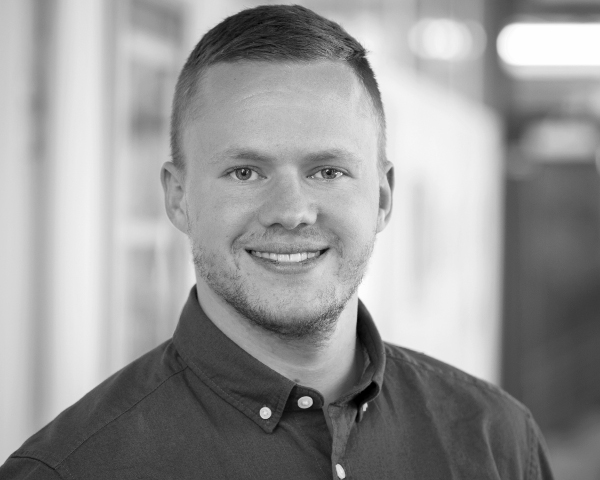
Noah Werder
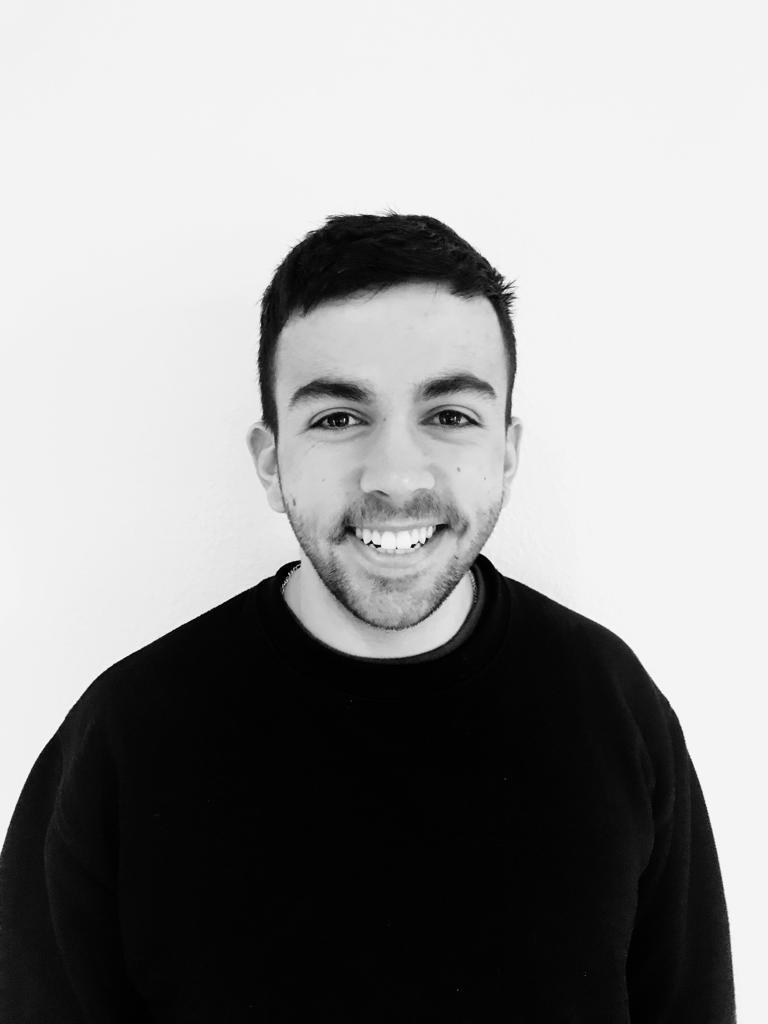
Master student at the University of Bern, major philosophy with a minor in mathematics.
I am very much interested in the methodology of all the topics I study, but especially philosophy. Reflective equilibrium has fascinated me since I encountered the idea. For my bachelor’s thesis, I applied a version of the formal model of RE to a debate in decision theory.